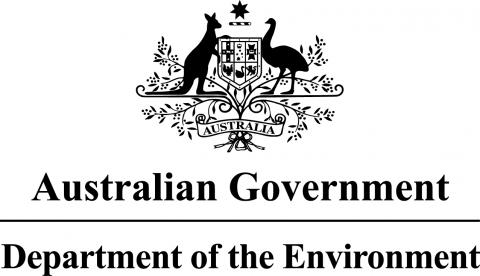Elicitation Workshop Guides Island Management Priorities
Elicitation Workshop Guides Island Management Priorities
Conservation planning is an important pathway from environmental data to achievable conservation outcomes. But what happens when limited published data or grey literature data exists? This is the challenge facing the team from Project 9.3 ‘Prioritizing Management Actions on Great Barrier Reef Islands’.
To address this challenge, Tropical Ecosystems Hub researchers at the ARC Centre of Excellence for Coral Reef Studies at James Cook University have called upon the environmental managers at Queensland Parks and Wildlife Service to tap into their inherent knowledge and understanding of the island systems that they manage.
A three-day workshop was held in Rockhampton to fill in crucial knowledge gaps in the data. All questions to the managers were asked using expert elicitation techniques that have been rigorously tested to ensure their efficacy. Over the course of the workshop, managers were asked a series of questions on population estimates, habitat association, life history traits, and ecological niches of birds present on the islands.
Managers were then asked about which threats, including, but not limited to, rats, introduced grazers, invasive ant species, and several weed species were present on the islands. Finally, managers were asked to link the threats to the species of concern. By the end of the three-day workshop, the project team had compiled the most comprehensive dataset to date for the study islands on the bird species and threats present on the islands.
The project team has been able to use the collected data to determine which species on which islands are vulnerable given the threats that exist on the islands. The team is currently undertaking a comprehensive meta-analysis on invasive species ecology that will allow them to explicitly model the relationship between the threats and the species they affect. Given that the team now has population data on all of the species of concern, they can begin to predict population declines if actions are not taken to address the threats that exist on the islands.
The project focused on an initial subset of 13 islands in the southern Great Barrier Reef that represent a wide range of size, regional ecosystems, species presence, and use. Following the elicitation workshop, the team can begin the process of expanding the subset to 100-200 islands. This research will provide a decision support tool for use by Queensland Parks and Wildlife Service and the Great Barrier Reef Marine Park Authority for prioritizing management actions.
Contact Professor Bob Pressey (bob.pressey@jcu.edu.au) or Amelia Wenger (amelia.wenger@my.jcu.edu.au) for more information.



